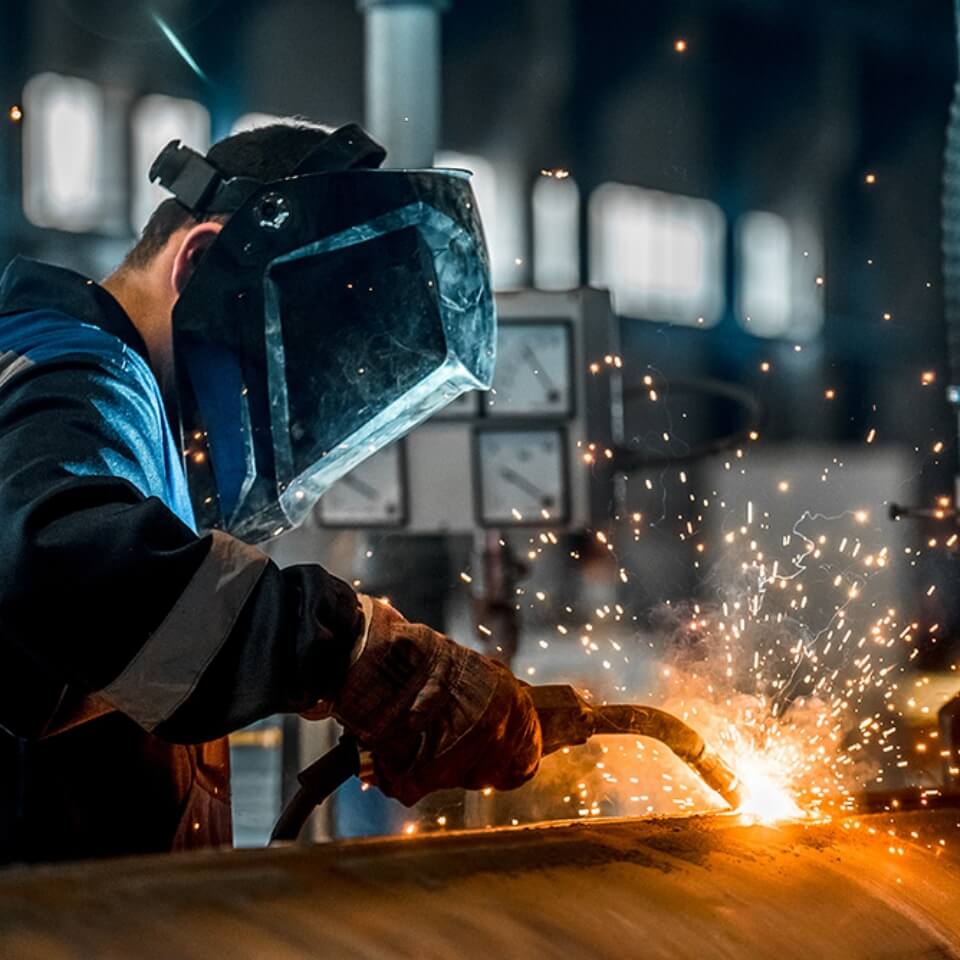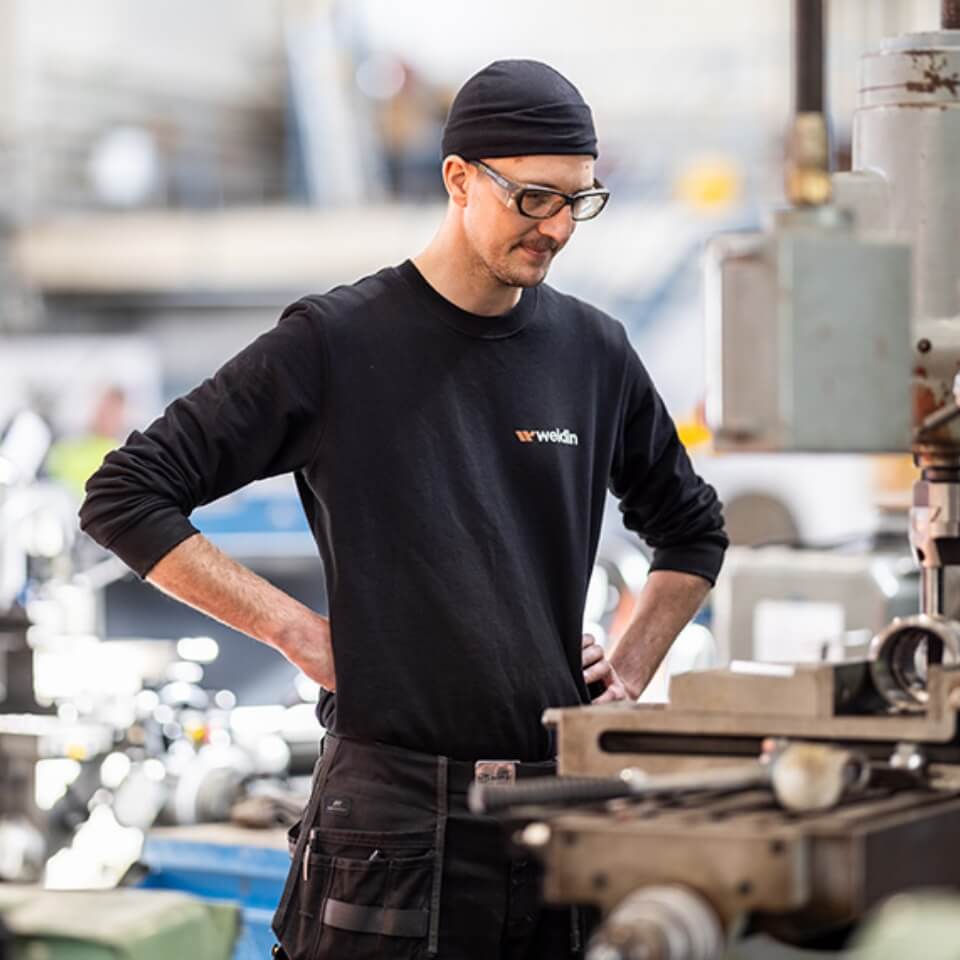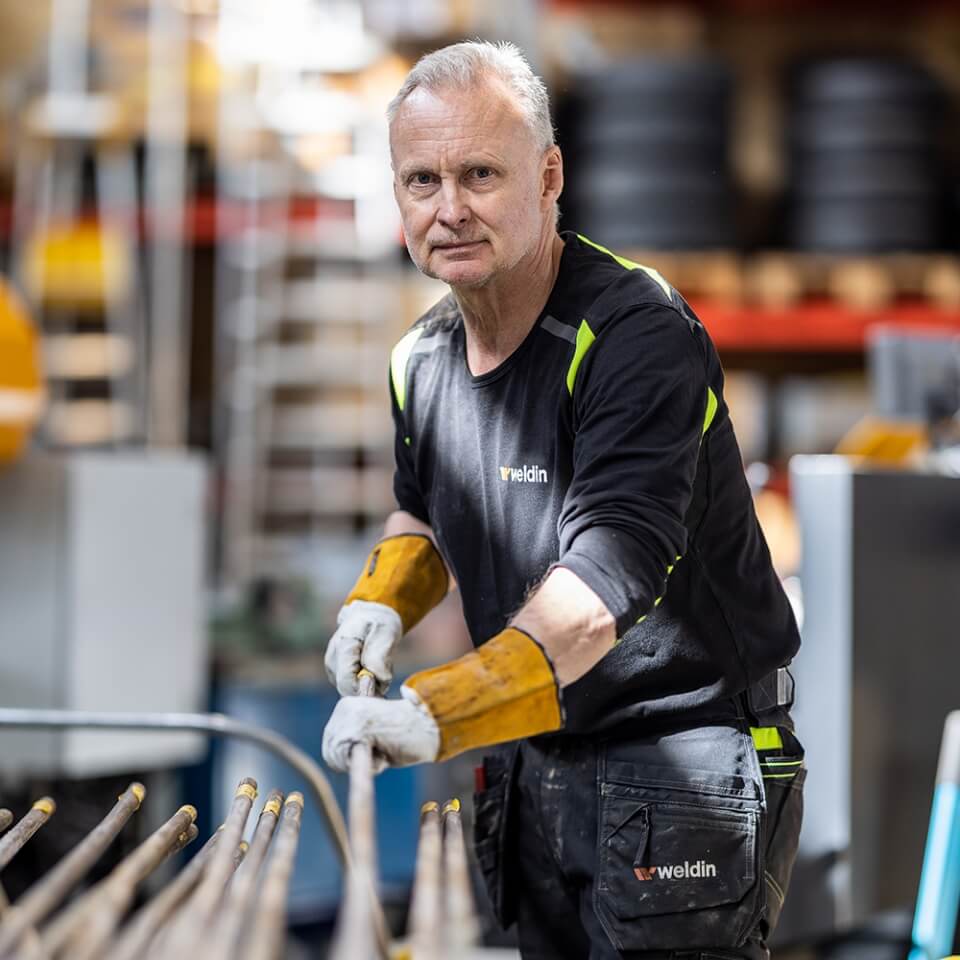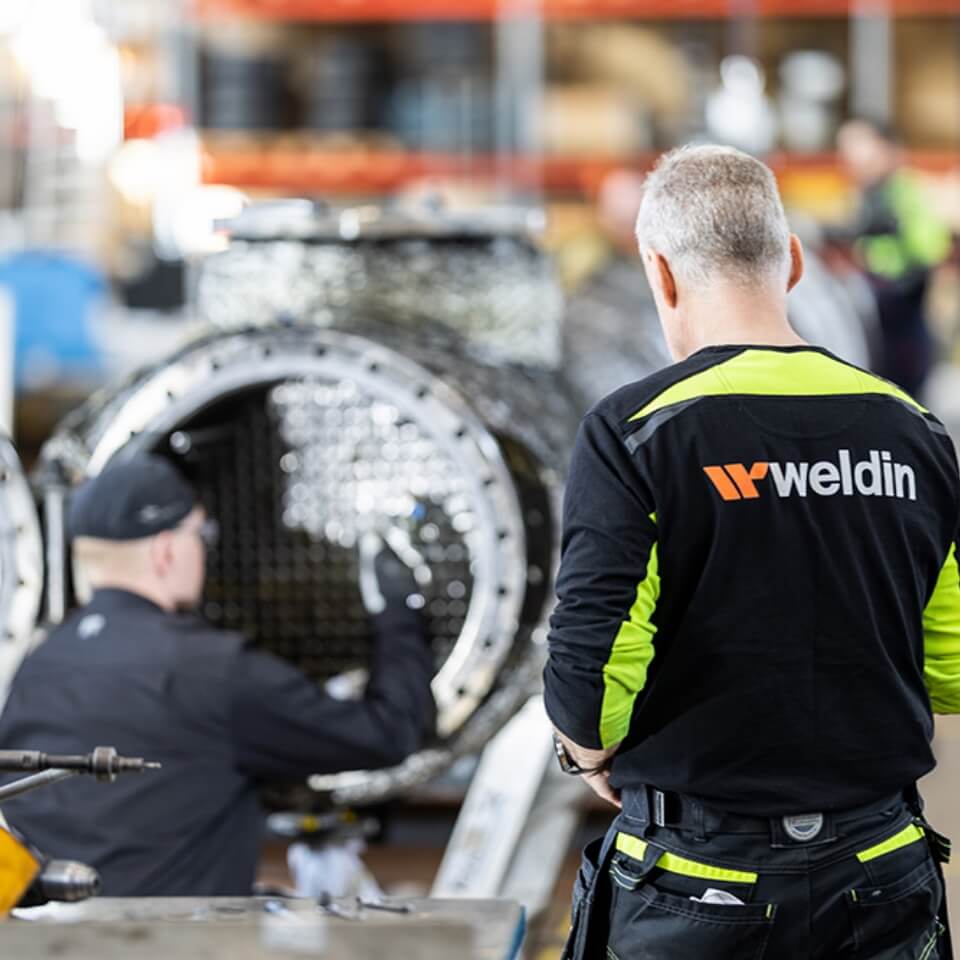‘It’s our values that drive us forward’
Business values are the foundation of Proton Engineering’s sustainability efforts.
– ‘From a purely business perspective, our sustainability work can contribute to providing added value to the customer. And here it is our values that drive us forward and have given us a certain advantage,’ says Proton Engineering’s CEO Per Petterson.
Proton Engineering is affiliated with NQC Supplier Assurance, which is a self-assessment system (SAQ, Self Assurance Questionnaire) for sustainability reporting. The system specialises in supplier risk management in the automotive industry and, according to Supplier Assurance, is the most widely used self-assessment system for the automotive sector.
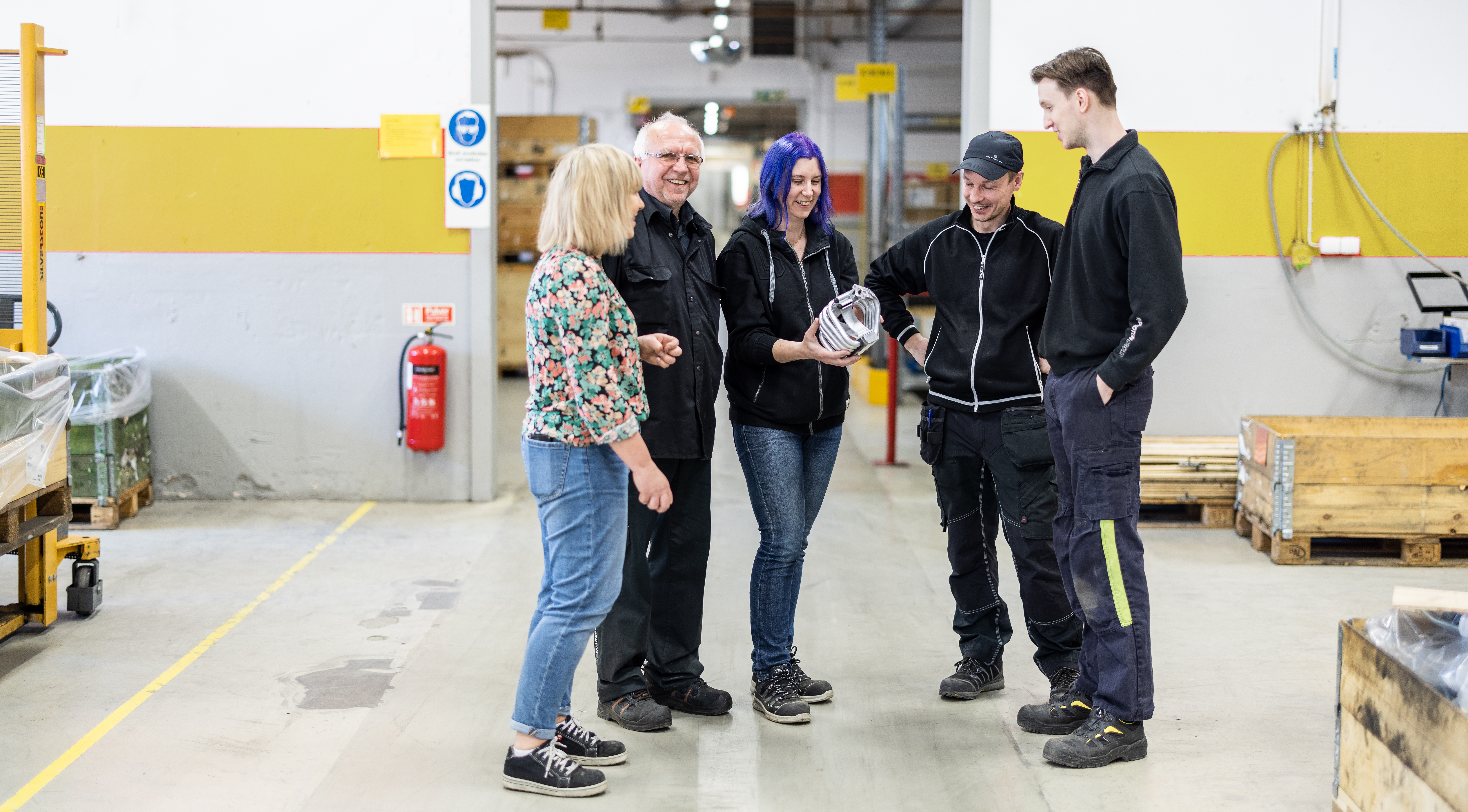
A global head start
In its latest report, Proton Engineering achieved an overall score of 82 per cent out of a possible 100. The result is strong, both in a national and a global comparison. In Sweden, the industry average is 54 per cent and globally 57 per cent.
Proton Engineering’s CEO, Per Petterson, believes that the good result is based on the company’s values.
– ‘We have a strong set of values where sustainability issues are a natural part. Our goal has been not to get stuck in the internal measures. We have moved on and taken the first steps to start measuring and understanding our footprint on the world with the help of our subcontractors.
One of the areas where Proton Engineering has been very successful is in the use of materials, prioritising recycled and traceable metal.
– Being able to procure and offer our customers recycled materials is an effective way to reduce our and our customers’ carbon footprint, without in any way affecting the quality of the finished part. We also do not use any environmentally hazardous chemicals in our production and monitor the various lists of environmentally hazardous substances,’ says Per Petterson.
The tough demands on Proton Engineering’s suppliers apply across the board.
– Of course, we demand that they comply with all conventions, laws and regulations. But we also want them to select at least three areas according to the Global Compact where they can continuously measure and demonstrate improvements. We are still in the early stages of this work, but have started to carry out regular follow-ups of our suppliers on site.
We have a strong set of core values in which sustainability issues are a natural part. Our aim has been not to get bogged down in internal measures. We have moved on and taken the first steps to start measuring and understanding our footprint on the world with the help of our suppliers.
Management system not in place
What drags down Proton Engineering’s overall score are labour conditions and human rights, and occupational health and safety. Per Petterson explains that the organisation does not yet have a management system for these issues:
– For companies operating in Sweden, where we have well-functioning systems and legislation on labour law, work environment and trade union activities, it has not been obvious to establish management systems for follow-up. Everything works anyway. But the lack of a management system reduces our score and our ambition is to get one in place, for example in the form of ISO 45001, which is the management system for the work environment. But I can’t say when that will happen, nothing has been decided,’ says Per Petterson, who notes that Proton Engineering has a long tradition as an industrial company and strong roots in the local community.
– The people in and around the company are extremely important to us and we have a long tradition of offering further development for our employees, both in the form of development and further advancement with new tasks. We also work closely with the region’s higher education institutions and take on at least one degree project every year.
Future challenges
Last year, Proton Engineering conducted an energy audit and identified opportunities to save energy and reduce our climate impact.
– As a result, we replaced old T8 fluorescent tubes with energy-efficient LED lighting. We have undertaken a major investment to recover heat from automatic welders, enabling us to use the heat to heat the building. The next step is to see what opportunities there are around our compressors
and recover waste heat.
Other improvement opportunities identified by Proton Engineering are IT security, which is however an issue related to governance at group level.
From an economic sustainability perspective, Proton Engineering, like so many other companies, faces major challenges.
– There is great uncertainty, with concerns about the continued high inflation and cost situation, in everything from materials to energy and transport. Unfortunately, this is a situation that cannot be avoided, but for us it is about working efficiently and balancing our costs in relation to what is reasonable. We need to find a way where everyone in the supply chain, right up to the end customer, has the chance to generate a profit and where we can share the increased costs. This is a huge challenge right now, for us and for everyone else.
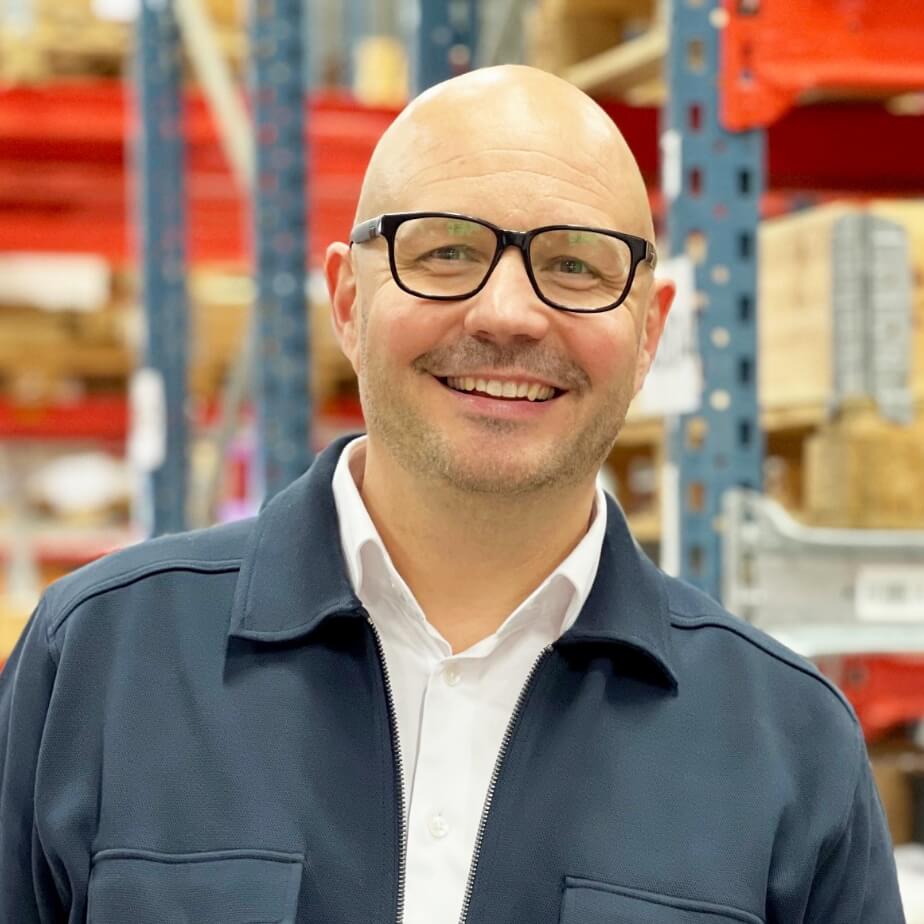
We have a long history of offering our internal talent the chance to pursue a career or try
new directions.
Per Pettersson
CEO, Proton Engineering
More news

